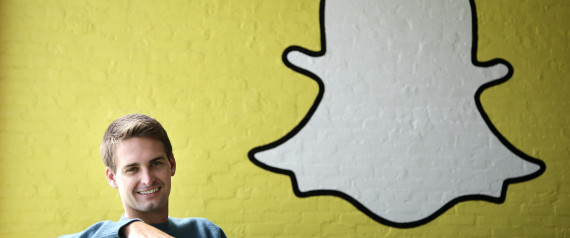According to CEO Evan Spiegel, Snapchat now shares 400 million snaps every day, up from 200 million just this June. The 400 million mark surpasses the photo-sharing activity on Facebook and Instagram, who see 350 million and 50 million photos uploaded per day, respectively. It’s unclear how many of the increased photos on Snapchat are privately shared photos, as opposed to the new “broadcast” snaps. Nonetheless, these impressive numbers bode well for Snapchat’s upcoming round of funding, and the company’s prospects for brands and marketers in the future.

